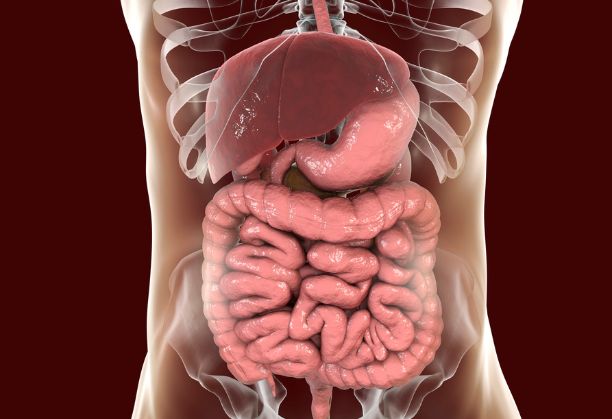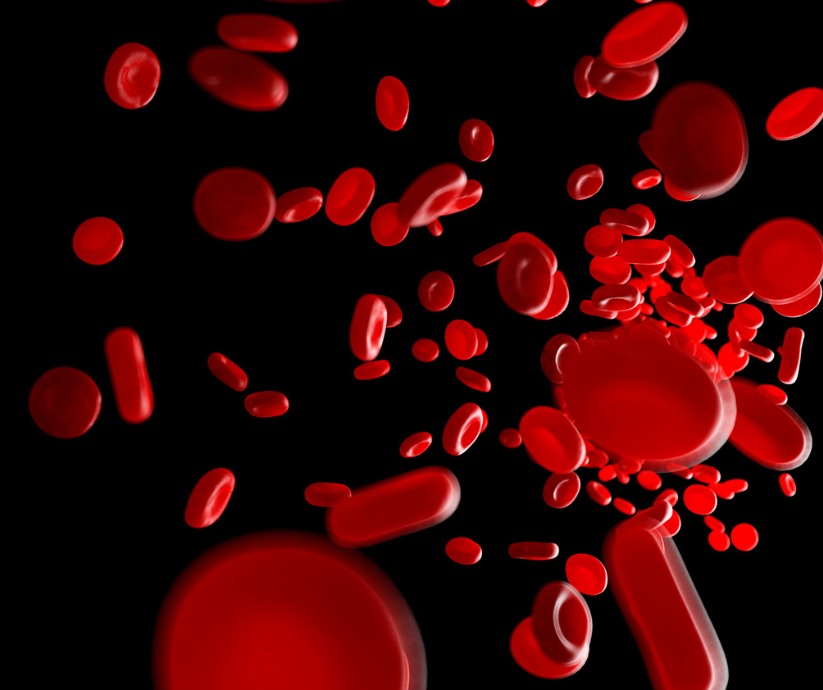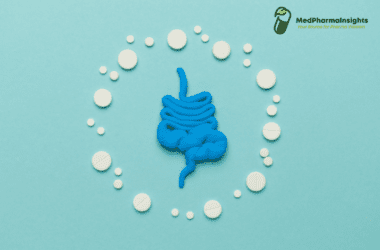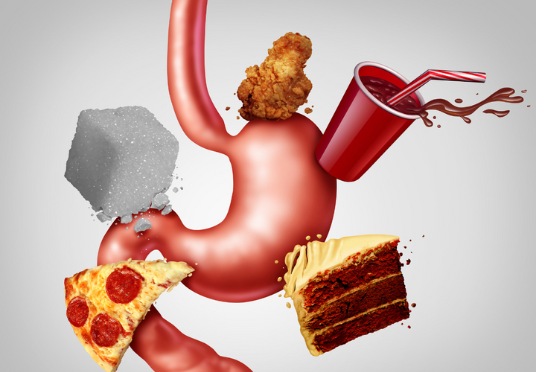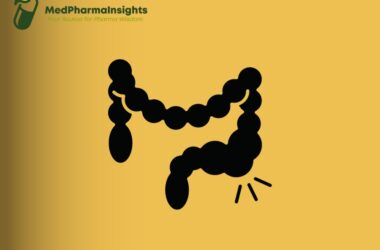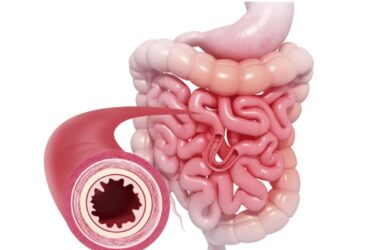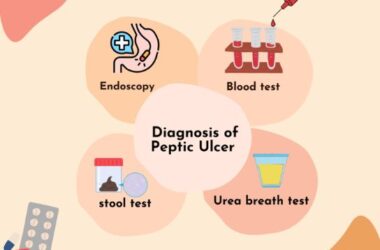Dyspepsia is defined as persistent or recurrent pain or discomfort centered in the upper abdomen. The most common cause of dyspepsia are non-ulcer or functional dyspepsia, GORD and peptic ulcer. Other causes include gastric cancer, pancreatic or biliary disease.
Epidemiology
Peptic ulcer accounts for 10–15% of dyspepsia, and oesophagitis for about 20%. However, 60–70% of patients have no obvious abnormality and have functional dyspepsia or endoscopy-negative GORD. Dyspepsia is a common symptom and affects about 40% of people annually. It is the reason for 5–10% of consultations with primary care physicians, and up to 70% of referrals to gastrointestinal units are patients with dyspepsia. However, the widely adopted test and treat recommendation for uninvestigated dyspepsia has reduced endoscopy referrals.
TYPES
- Functional Dyspepsia: Functional dyspepsia is a kind of chronic indigestion it dyspepsia refers to a specific subtype of dyspepsia in which there are symptoms of upper abdominal discomfort or pain without any identifiable structural or organic cause.
- Non-Functional Dyspepsia: Non-functional dyspepsia, on the other hand, is a broader term that encompasses all types of dyspepsia, including both functional and those with identifiable causes. It includes dyspepsia resulting from organic causes like peptic ulcers, gastroesophageal reflux disease (GERD), gastritis, or other gastrointestinal conditions.
Causes
There are Numerous things, like as over eating, eating too rapidly, ingesting fatty or spicy foods, stress, smoking, and taking an excessive amount of caffeine or alcohol, might contribute to dyspepsia. It may also be functional, which means there isn’t a single, obvious explanation. Another prevalent and frequently disregarded root cause of dyspepsia is medication. Ulcers and dyspepsia can be brought on by aspirin and non-steroidal anti-inflammatory medications (NSAIDs), notably cyclooxygenase-2-selective NSAIDs.
SYMPTOMS
- Feelings of uncomfortable pressure or fullness in your bell: A burning, gnawing, or aching sensation in the upper abdomen is a hallmark symptom of dyspepsia. This discomfort may be described as a feeling of fullness, bloating, or heaviness.
- Acid reflux: Some people may experience the regurgitation of stomach contents or sour-tasting fluids into the mouth.
- Nausea and vomiting: Dyspepsia can cause a feeling of queasiness or the urge to vomit, although vomiting is not always present.
- Belching: Frequent belching or excessive burping can be associated with dyspepsia.
- Heartburn: While heartburn is more commonly associated with gastroesophageal reflux disease (GERD), it can also be a symptom of dyspepsia, especially if it occurs alongside other symptoms.
- Difficulty Swallowing: In severe cases, dyspepsia can lead to difficulty in swallowing or a sensation of food getting stuck in the throat.
Management / treatment of dyspepsia
The treatment of dyspepsia, also known as indigestion, typically depends on the underlying cause and the severity of the symptoms. Here are some common approaches to treating dyspepsia:
Lifestyle and Dietary Changes:
- Diet Modification: Avoiding trigger foods like spicy, greasy, or acidic items can help reduce symptoms. Smaller, more frequent meals may also be beneficial.
- Limiting Alcohol and Caffeine: Reducing or eliminating alcohol and caffeine intake can be helpful in some cases.
- Quitting Smoking: If you smoke, quitting can reduce the risk of dyspeptic symptoms.
- Weight Management: Achieving and maintaining a healthy weight can alleviate symptoms, especially if obesity is a contributing factor.


Medications
- Antacids: Over-the-counter antacids can help neutralize stomach acid and provide short-term relief from heartburn and indigestion.
- H2 Blockers: These medications, such as ranitidine and famotidine, reduce stomach acid production and can provide longer-lasting relief.
- Proton Pump Inhibitors (PPIs): PPIs like omeprazole and esomeprazole are more potent acid-reducing medications and may be prescribed for severe or persistent symptoms.
- Prokinetics: These drugs can help improve gastric emptying and reduce symptoms by promoting better movement of food through the digestive tract.
- H. pylori Treatment: If an infection with Helicobacter pylori is diagnosed, a course of antibiotics may be prescribed to eliminate the bacteria.
- Pain Relievers: For some individuals with pain as a prominent symptom, pain relievers or medications that relax the stomach muscles may be recommended.
Psychological and Behavioral Approaches:
- Stress Management: Learning stress-reduction techniques, such as mindfulness, meditation, or yoga, can help alleviate symptoms for some people.
- Cognitive-Behavioral Therapy (CBT): CBT can be effective in managing dyspepsia, particularly if stress and anxiety are contributing factors.
Herbal and Natural Remedies:
Some individuals find relief from dyspeptic symptoms through herbal remedies like ginger, peppermint, or chamomile tea. However, it’s important to consult with a healthcare provider before using such remedies, as they may interact with medications or exacerbate certain conditions.


Monitoring and Follow-up:
- Keeping a food diary or symptom journal can help identify triggers and patterns in your dyspepsia.
- Regular follow-up with a healthcare provider is important to assess the effectiveness of treatment and make any necessary adjustments.
It’s important to note that dyspepsia can have various underlying causes, including gastroesophageal reflux disease (GERD), peptic ulcers, H. pylori infection, and functional dyspepsia. Therefore, the treatment approach should be tailored to the individual’s specific diagnosis and needs. Consulting with a healthcare provider or gastroenterologist is essential for a proper evaluation and treatment plan.


